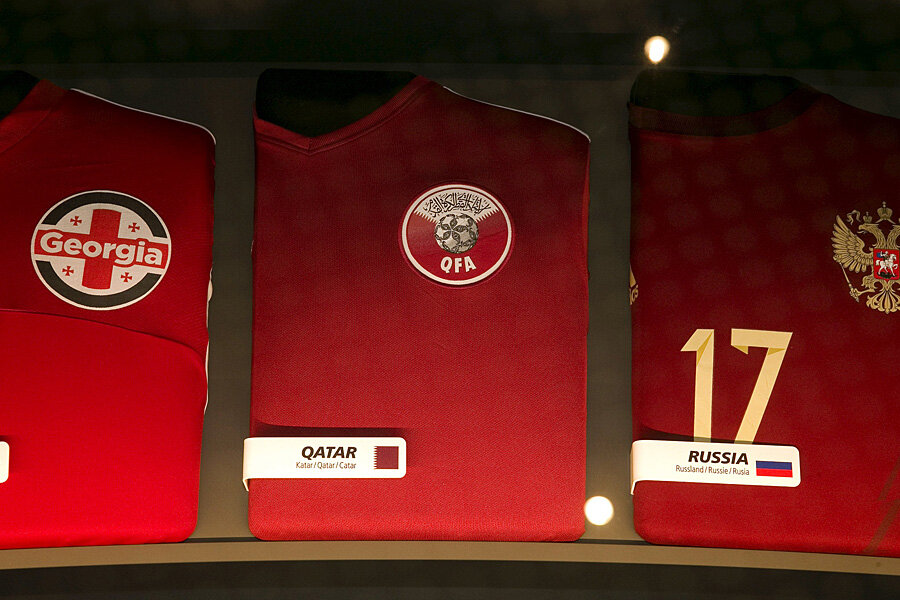Why did the arbitration court reject transparent booths in FIFA election?
Loading...
The International Federation of Association Football (FIFA) presidential election is expected to proceed as scheduled on Friday – and without transparent voting booths.
The Court of Arbitration for Sport (CAS) rejected the request of Prince Ali of Jordan asking the court to ensure that FIFA used transparent voting booths, his campaign team says.
Prince Ali, one of five candidates bidding to succeed outgoing FIFA President Sepp Blatter, is seeking reassurances over the voting procedure for the election and had called for a postponement if his concerns were not answered. He had asked for the use of transparent booths to ensure delegates don’t photograph their ballot papers when they choose the next president, claiming that the delegates could be put under pressure to produce evidence of their vote to interested parties.
The court rejected the request in a statement saying that the "the full order with grounds will be communicated in a few days."
Responding to the court’s decision, Prince Ali expressed his regret, urging representatives from member associations to adhere to the ban on recording devices while casting their vote.
"I advocated for transparent voting booths on behalf of FA presidents who want to vote their conscience, without worrying that someone with a different agenda is looking over their shoulder. The Prince said, according to International Business Times, “I fought for them at Fifa and at CAS, and brought transparent booths to Zurich to eliminate any excuse for not using them.”
"I have done all I can. I regret that the system let us down," the Prince said. "The only positive aspect of today’s ruling is it that the election will now go forward as planned, and the media will be closely watching for any evidence that anyone is photographing their ballot.”
FIFA had earlier rejected Prince Ali’s proposal saying that it will instead ask voters to leave their mobile phones outside while choosing between the five candidates. The federation, which this week is expected to approve wide-scale reforms to ensure openness and guard against the corruption which has engulfed it in recent times, insisted that it is sufficient for delegates from the 209 voting nations to hand over cameras and phones before entering the booths, according to the BBC.
But Prince Ali's legal representatives are seeking clarification on the enforcement of those measures and the sanctions available for any violation of the ban, according to the Independent.
The Prince’s legal team isn’t satisfied with FIFA’s response partly because “voters had reportedly documented how they had voted in last May's presidential election," the Independent reported. Blatter prevailed over Prince Ali in that election, only to resign days later as he became embroiled in the football corruption scandal.
In the past year, 41 FIFA officials have been arrested as a result of the US Department of Justice investigation into massive corruption among several global soccer officials.






